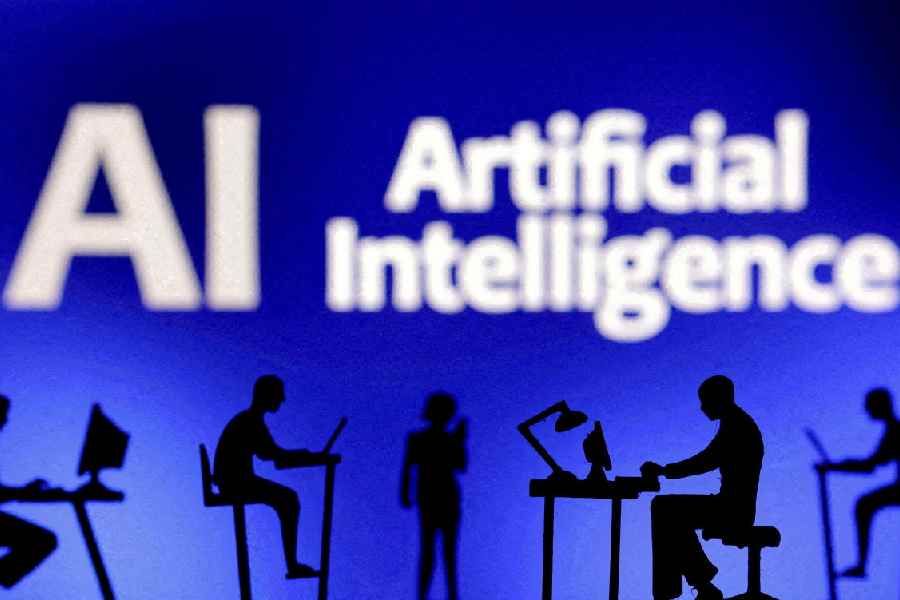Has Calliope, the muse of poetry, showered her blessings on Artificial Intelligence? According to a paper in Nature Scientific Reports, non-expert readers were unable to distinguish poetry written by AI from that written by canonical poets like Geoffrey Chaucer, William Shakespeare, Walt Whitman, Emily Dickinson, T.S. Eliot and Sylvia Plath. In fact, it was found that lay readers tended to prefer poetry written by AI — at least until they were told it had been composed by a machine. Should the poet’s quill, then, tremble in fear of being rendered obsolete? To answer that question, several other issues need to be pondered first.
The foremost, and most fundamental, among these is — what is poetry? Is it merely a set of rhyming lines or words with an element of musicality? William Wordsworth had called poetry “the spontaneous overflow of powerful feelings”; William Hazlitt described it as “the language of the imagination”. Is AI blessed with the powers of feeling or imagination? No, not yet. What AI did in the study in question is ‘reverse engineer’ well-known works by human poets: that is, it churned out words and sentiments from existing poems in the style of certain poets. Since AI is as yet incapable of complex thinking or feeling the emotions behind words, its compositions were simpler, easily understood and, by extension, well-liked by ordinary readers. AI’s ‘achievement’, in this instance, is thus that of a curator gathering or assembling verse instead of writing it. Terming this poetry would be poetic injustice.
The esoteric shroud over poetry — it is usually considered the literary form that is most unfamiliar and difficult — leads to the second question that must be raised. What is the purpose of poetry? Walter Benjamin had said that it “is not statement or the imparting of information.” Rather, great verse opens within the reader newer possibilities of meaning and feeling. The preference for AI’s poetry could well be a testament to the layman’s inability to comprehend poetry’s mysteries, even denseness. That explains the opprobrium that poets have had to suffer through the ages. Keats was told he would be better off as an apothecary than a poet; Eliot’s poetry was described as “borderline insane”; Whitman was rejected for his unrhyming, free-flowing verse; while Dickinson was deemed too unconventional. Unlike forms of prose, whose meaning is easily discernible, poetry requires a deeper, exceptional engagement. In an age when people consume wisdom in the form of 30-second reels, it is not surprising that AI’s vacuous verse was preferred to meaningful but complex poems.
The third and equally pertinent question concerns why one writes verse. Christopher Fry argued that “[p]oetry is the language in which man explores his own amazement.” Amazement, in this context, is synonymous with a bouquet of other emotions: love, heartbreak, anger and so on. Poetry, therefore, serves as a therapeutic literary device when it comes to the venting of deep human emotions. At such times of heightened sentiments, rhyme, metre, style — things that AI can replicate — do not matter. What matters is putting a quill-gripped human hand to paper and bleeding one’s heart out. Can the tech titans of Silicon Valley make AI do that?










